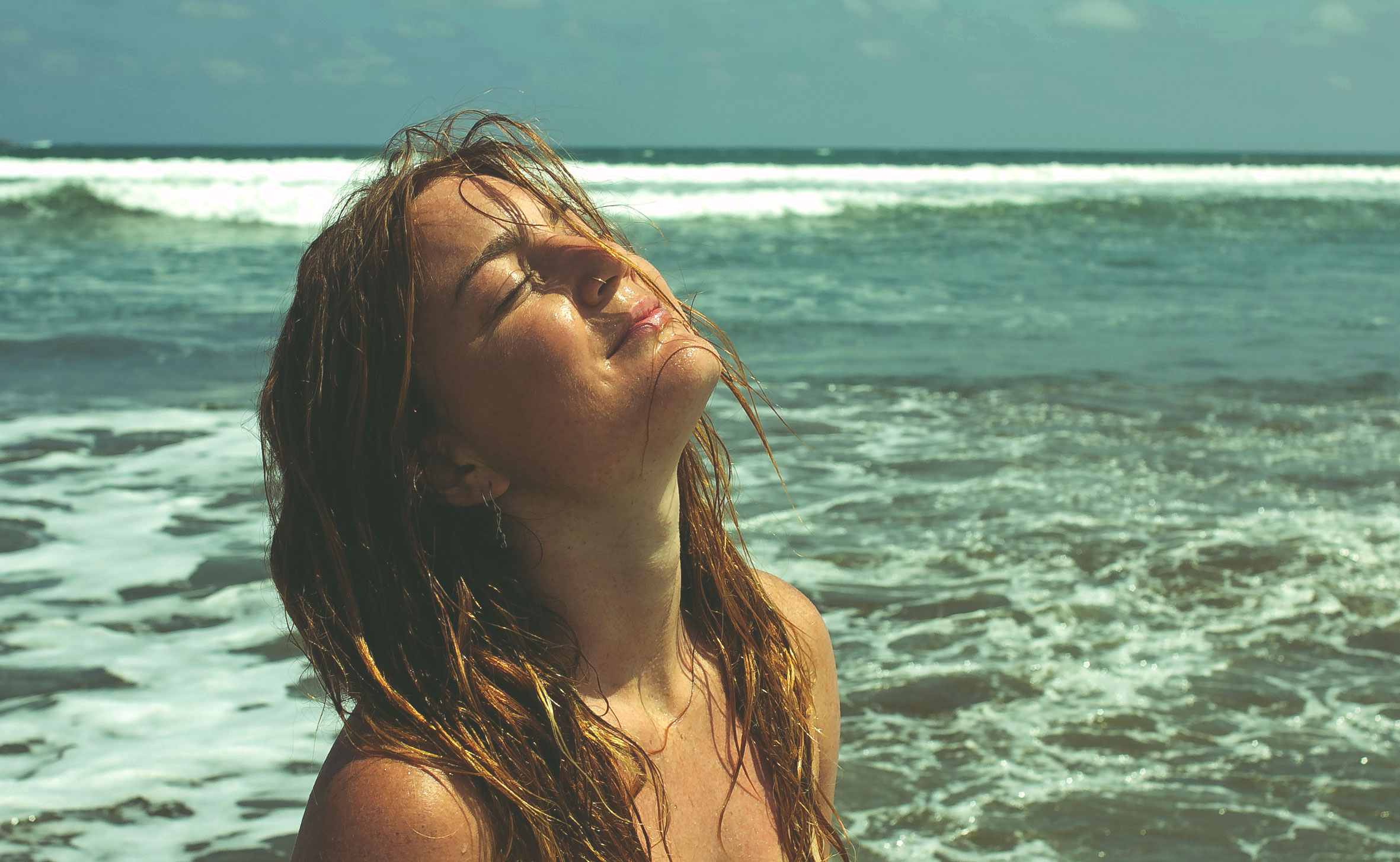A New York Times article came out recently about Miwa Sado, a young journalist from Tokyo who worked 159 hours of overtime in a month, and then died. In Japan, they have a term for this — it’s called “karoshi,” or death from overwork.
In Japan, karoshi is a phenomenon that started being recognized in the ’80s. In America, it’s a part of our every day life. We hear about burnout, coupled with hiking stress and lack of sleep, but now we’re starting to see the research to back up why rest is such a fundamental component to our well-being.
Karoshi (Japanese) = Death from overwork
Last year there were 658 million unused vacation days in the US. According to a study by Project Time Off, young women are the most unlikely to use their vacation days. The women of our generation are burning out, faster than ever.
The main problem is we fall victim to societal expectations. The study calls this “martyr complex”, ie we’re not taking time off because we’re afraid of being laid off by our bosses, judged by our co-workers, or don’t see how we can manage stepping away from our role. We’re glued to our jobs. And not ever giving ourselves the chance to become un-glued.
The women of our generation are burning out, faster than ever.
In other words, we’re stuck.
As a result, we’re working overtime, again and again. It’s one thing to do this every so often. It’s another thing when this becomes our norm — and we give ourselves no time for our body recuperate. No space to reset, and come back to center.
The Science of Stress
On a biochemical level, burnout and overdrive sends our bodies whirling into a stress response, releasing cortisol into our bloodstream. Our body produces cortisol to help us respond when we’re in danger — like in a fight-or-flight situation. It’s not a state to live in. Yet, we are. And young women are the biggest victims living like this without reprieve.
Stress is the leading reason for every major health condition we face in Western society. It’s killing us, yet it’s socially accepted — praised, even — for people would rather be seen as a hard worker than be seen as someone who takes time off to prioritize their mental and physical well-being.

We can meditate and run and workout and drink all the green juices. We can do easy going yoga as a daily practice. Which is all good. But sometimes we need something bigger. Sometimes we need to physically uproot ourselves, in a major way, in order to allow our body a chance to naturally reset. Sometimes we’re at such a breaking point, that a big change is what it takes to fully heal and reset. Other times, we may not even know how dire our situation is until we’re out of it.
This Is Where Travel Comes In
The beautiful thing about traveling is it’s a self-correcting mechanism for change.
When we embrace massive change and give ourselves a long period of time to live in this way, our body has it’s way of re-balancing.
When we drop the stress, we drop the weight, the anxiety, the uncertainty, the overwhelm, without any medicine. When we create space for harmony to enter into our lives, it flows in, and we find a newfound ease.
Our body starts to create new neurological pathways, and serotonin (the feel-good hormone) starts to reproduce in our body in a natural way. We’re feeling better because we’re having new life experiences, laughing, having long hugs and even longer conversations. We’re finding real connection, and doing things that bring us natural joy. And our emotions change, so we change.
We’ve become conditioned to this idea that we need multiple prescriptions and doctors just to feel good. But in reality, we just need to give our body the chance to feel good. To re-learn how to actually feel.
The prescription we really need is one for a long vacation, without our laptop, and in a faraway country with a different culture. Viewing travel as a part of our self-care routine, where it’s a slow and steady experience of coming back to center, rather than an indulgent flash-weekend in Vegas.
Traveling is a way to heal.
Slow travel is a gateway to natural wellbeing.
And it’s a vehicle to become more of who you already are.
It’s a way to come back to center, re-establish base, and start from good. And the cool thing about it, is when done in a certain way, it’s inexpensive (way cheaper than gym memberships and therapy), health-inducing, easy . . . and fun. So why wouldn’t you?
It goes against our no-pain-no-gain society. But when we choose ourselves and prioritize our health, we realize feeling good has a ripple effect.When we feel good, we help everyone around us feel good too.
So take the trip, watch yourself change, and everyone around you benefit. Do it for your health.
Jaclyn Norton is a writer, photographer and founder of Wild Rogue. Follow her along on Instagram, Facebook or her blog.


